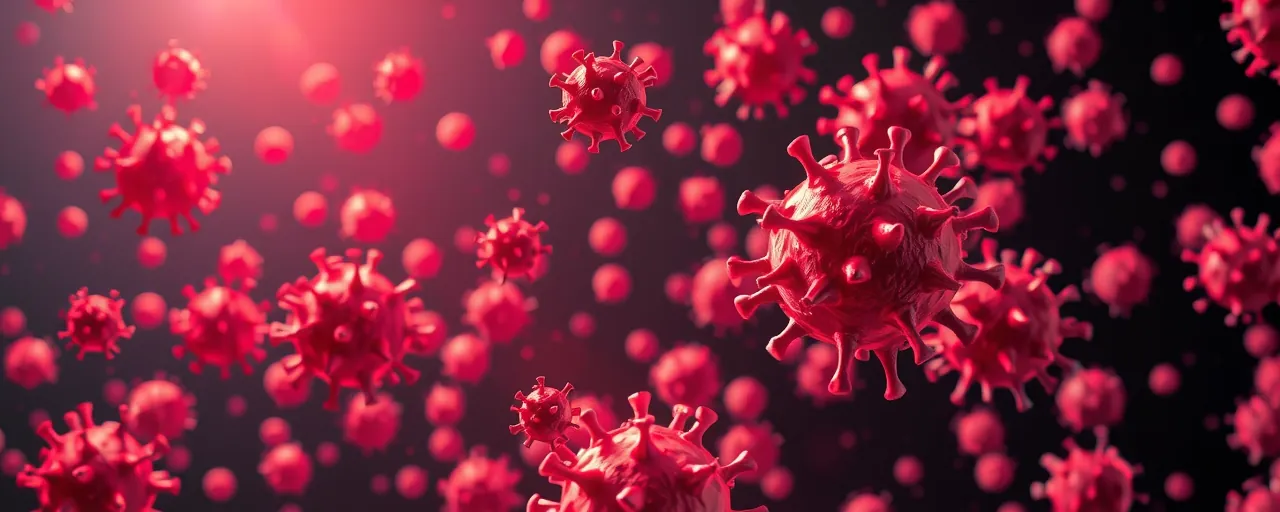A Hidden Threat Grows in California
Wastewater surveillance in California reveals a troubling trend. SARS-CoV-2 levels are rising, with a 6 percent increase in Los Angeles County over three weeks. The highly transmissible NB.1.8.1 subvariant is driving this uptick, signaling a potential summer surge. As someone who’s watched this state endure wave after wave, I feel the urgency. We’ve seen this before, and we know the cost of inaction.
The numbers paint a clear picture. The CDC’s National Wastewater Surveillance System ranks the West as 'moderate,' but urban spikes suggest trouble ahead. L.A. County’s clinical testing positivity nears 3.5 percent, and transmission estimates indicate the virus is spreading faster. These aren’t just statistics; they represent real people—our neighbors, our elders, our immunocompromised.
Some dismiss this as no worse than a cold. They’re mistaken. COVID-19 remains a serious risk, especially for vulnerable groups. Ignoring the data risks repeating 2020’s tragedies, when delayed responses filled hospitals and claimed lives. We have better tools now—vaccines, surveillance, experience. Why waste them?
California led the way in 2020 with bold public health measures. That same resolve is needed today. Collective action, grounded in science and compassion, can prevent another crisis. The question is whether we’ll rise to the challenge.
This moment demands focus. Rising wastewater levels are a warning we can’t ignore. Our response must prioritize protecting everyone, not just the loudest voices.
Vaccines Must Reach Everyone
Vaccines are our best defense, but not everyone has access. The Bridge Access Program, which offered free COVID-19 vaccines to the uninsured, ended in August 2024. This gap hits low-income communities hardest, where vaccination rates are already lower. Local health departments are trying to fill the void, but they need more support.
Past efforts show what works. The 2021 Coronavirus Response and Relief Supplemental Appropriations Act funded mobile clinics and community outreach, bringing vaccines to underserved areas. Programs like the Community Engagement Alliance continue this, fighting misinformation and building trust. These strategies need to expand now.
Some argue for personal choice, claiming individuals should decide their health measures. This view overlooks a hard truth: unvaccinated people fuel transmission, putting everyone at risk. The 1905 Jacobson v. Massachusetts decision upheld that public health outweighs individual preferences in crises. That principle holds today.
Equity is essential. Black and Latino communities, disproportionately affected by COVID-19, face barriers like limited healthcare access. Scaling up mobile clinics and tailored outreach isn’t just practical; it’s a commitment to justice.
The Flaws of Choosing Freedom Over Safety
Certain groups prioritize individual liberty over collective health. The Texas GOP’s 2024 push to ban mRNA vaccines and codify opt-outs reflects this. The Heritage Foundation’s Project 2025 aims to limit the CDC’s guidance. These positions favor ideology over evidence, disregarding the virus’s impact on vulnerable populations.
A recent survey underscores the divide: 62 percent of Republicans feel pandemic restrictions were excessive, compared to 15 percent of Democrats. Yet, 76 percent of Democrats recognize COVID-19’s severity, backed by data showing higher hospitalizations among the unvaccinated. This isn’t about opinions; it’s about facts.
Personal freedom arguments crumble under scrutiny. Unchecked spread strains hospitals, as seen in 2020 and 2021. Ventilation and N95 masks help, but they don’t replace vaccines. Why should the immunocompromised bear the burden of others’ decisions?
A Call for Unity and Action
California can lead again. Wastewater surveillance, a state innovation since 2020, gives us an edge. Tools like Aquascope track variants, guiding resource allocation. But data isn’t enough. We need action: restore free vaccine programs, expand mobile clinics, and communicate clearly to counter mistrust.
This is a test of our values. Will we safeguard the vulnerable or let division prevail? Policies rooted in equity and science—paid sick leave, social supports, advanced vaccines—can protect us all. California’s history of tackling smallpox and polio proves we can act decisively.
We’ve overcome worse. Let’s draw on that strength, choose solidarity, and act before this surge grows. Our communities deserve nothing less.
